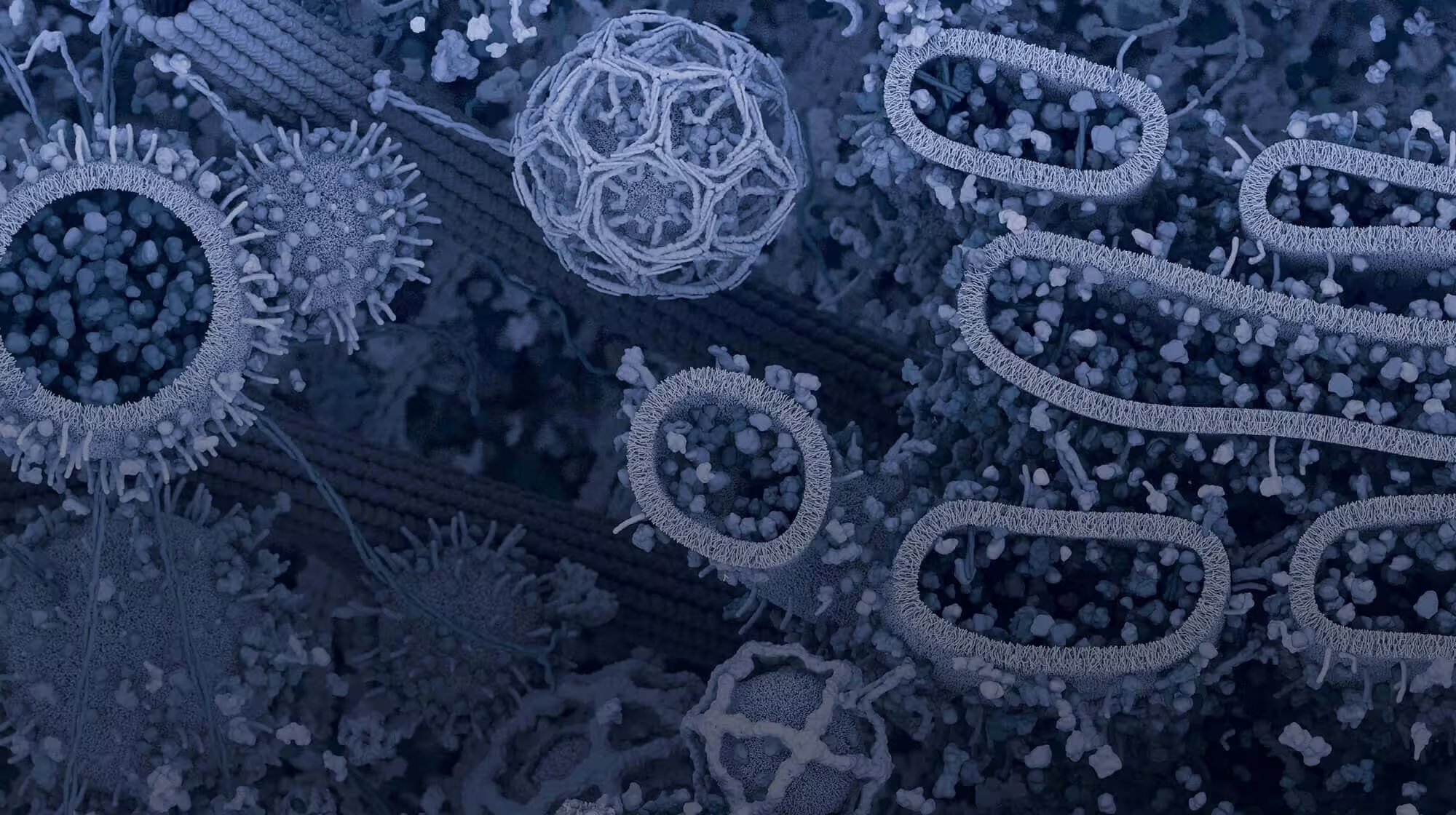
The official blog of Cell Signaling Technology, where we discuss what to expect from your time at the bench, share tips, tricks, and information.

For Research Use Only. Not for Use in Diagnostic Procedures.
© 2026 Cell Signaling Technology, Inc. All Rights Reserved.